A Literacy Renaissance: What the Mississippi Miracle Teaches Us About Reading, Research, and Renewal
education
reading
literacy
critical thinking
5 min

Mississippi transformed from last to top 10 nationally in reading by abandoning "balanced literacy" for structured phonics instruction based on cognitive science. While the U.S. faces its worst reading crisis in decades—with 2024 scores at historic lows—Mississippi's decade-long commitment to evidence-based teaching (phonemic awareness, explicit phonics, and teacher training) proves that systematic instruction works, especially for struggling learners. The lesson: literacy success requires research-backed methods, consistent leadership, and long-term investment—not trendy programs or technology.
At Learn with Lumi, we believe critical thinking is our greatest skill. We not only teach students to think critically, but we also use critical thinking in how we implement education to help students reach their full potential. In the last decade, Mississippi students have taken a critical thinking approach to reading, and it has led to remarkable success.
Over the past decade, Mississippi's classrooms have produced one of the most remarkable educational turnarounds in modern American history. Once ranked 50th in fourth-grade reading proficiency, the state now stands among the top ten nationally and leads in literacy growth among low-income, Black, and Hispanic students.
This transformation has been called the "Mississippi Miracle," and it wasn't built on new technology or experimental methods. It came from a return to something timeless: teaching children how language works through explicit, structured phonics instruction grounded in cognitive science.
From Balanced Literacy to the Science of Reading
For nearly twenty years, many districts nationwide adopted "balanced literacy" approaches that emphasized exposure to text and student choice over direct skill instruction. While well-intentioned, research from cognitive psychologists like Dr. Louisa Moats and Dr. Mark Seidenberg showed that most students, especially early readers, require systematic teaching of sound-letter relationships to build decoding fluency.
Mississippi's reforms, influenced by this science, mandated teacher training in phonemic awareness, phonics, fluency, vocabulary, and comprehension: the five pillars identified by the National Reading Panel (2000). The result? Children learned not just to recognize words, but to tackle unfamiliar ones with confidence, building the automaticity that fuels comprehension and a genuine love of reading.
Why This Matters Nationally
Former Chicago Mayor Rahm Emanuel recently remarked that literacy, not culture-war distractions, should be the center of education policy. The data support this view. According to the National Assessment of Educational Progress (NAEP), states that have implemented evidence-based reading instruction like Mississippi, Tennessee, and Alabama have significantly outperformed peers still relying on older, less structured methods.
But success also required leadership and consistency. Mississippi stopped cycling through new reading programs every few years and invested instead in long-term professional development. As Mary Cantwell, co-founder of Enriched Literacy, explained in an interview: "Leadership is important. Districts need a vision—one clear approach that works."
The National Reading Crisis
Mississippi's success shines even brighter when compared with the broader U.S. picture. Across the country, reading proficiency has declined sharply over the past five years, despite decades of reform efforts.
According to NAEP, average reading scores for fourth and eighth graders in 2024 were five points lower than in 2019, with no state posting gains during that period. The drop is the largest sustained decline since the 1990s, and scores remain well below pre-pandemic levels.
Only about 30% of fourth graders and 29% of eighth graders currently read at or above the "Proficient" level. Students at the lower end of the achievement spectrum—those in the 10th and 25th percentiles—have experienced the steepest losses, widening the national achievement gap.
By high school, the pattern deepens. The 2024 assessment of twelfth graders recorded the lowest reading scores in NAEP history, with nearly one in three seniors performing below the "Basic" level.
Even beyond the classroom, literacy struggles persist. Roughly 21% of American adults have difficulty completing basic literacy tasks, and more than half read below a sixth-grade level.
These trends make Mississippi's achievement even more significant: it stands as one of the few places in the country where literacy has improved in an era of nationwide decline.
The Learning Science Behind the Miracle
Reading isn't a natural process. The brain must build neural pathways connecting sounds, symbols, and meaning. Research from Dr. Stanislas Dehaene and the Yale Center for Dyslexia & Creativity confirms that explicit phonics instruction activates these connections more effectively than discovery-based approaches alone.
This approach centers on neuroscience and equity. When children master decoding early, they unlock vocabulary growth, comprehension, and access to all other subjects. Literacy forms the foundation of learning and of opportunity.
The Lumi Perspective: Literacy as a Human Right
At Learn with Lumi, we see literacy as the most important aspect of education, as it is the main way that students learn not only in school but for the rest of their lives. Foundation matters.
Literacy is more than decoding words; we see it as decoding the world. True reading education must connect science with empathy, structure with creativity, and instruction with inspiration. When every child learns to read with confidence, discipline transforms into curiosity, and learning becomes joy.
A Path Forward
The "Mississippi Miracle" offers a clear model. It shows what happens when research, leadership, and compassion align. The next educational revolution won't be found in new slogans or software; it will come from giving teachers the tools and trust to teach what works.
As Lumi might say:
"Learning to read is learning to see—not just the letters, but the limitless worlds they open."
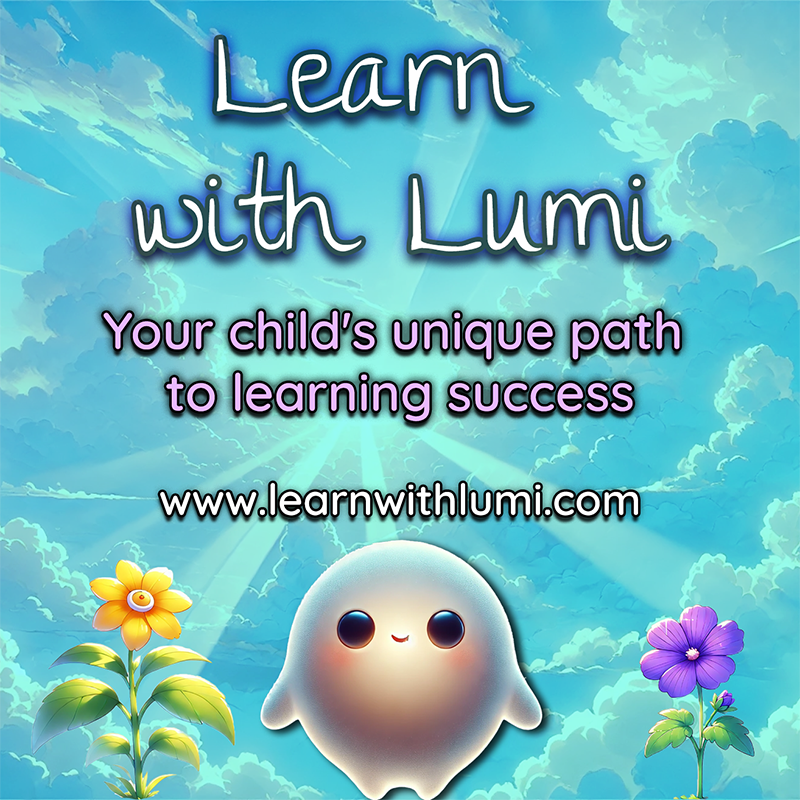
Learn with Lumi is a super-powered educational platform perfect for complete curriculum implementation or targeted learning enrichment. Developed by DarkViolet.ai, this versatile platform delivers personalized instruction that adapts to each student's needs and sets higher academic standards through customized learning paths, interactive lessons, and comprehensive progress tracking.
Discover how Learn with Lumi can transform your educational experience.
More Articles

Transformative Impact of AI on Educational Landscapes
8 min read

A Homeschooling Guide for Newbies
9 min read
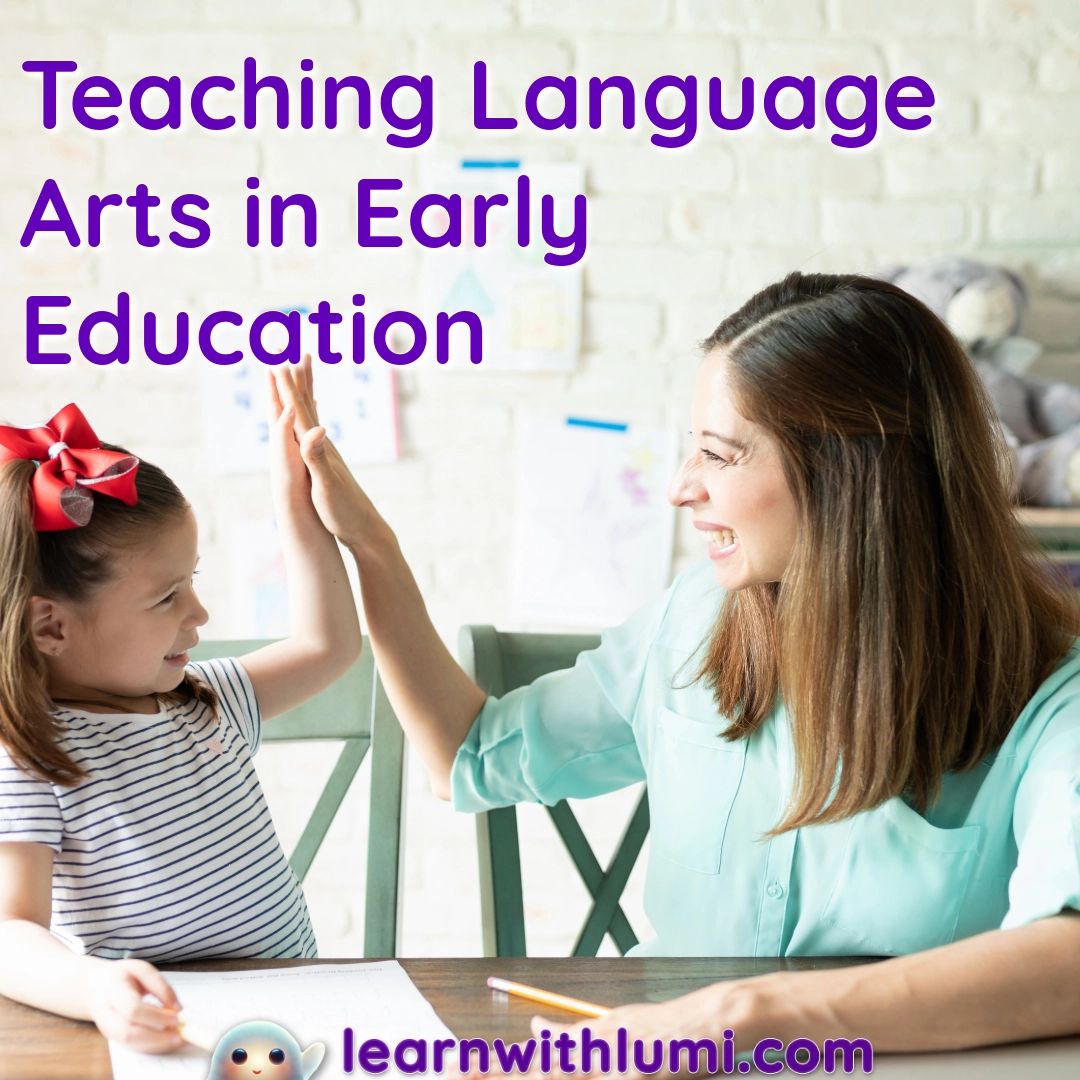
Teaching Language Arts in Early Education
15 min read
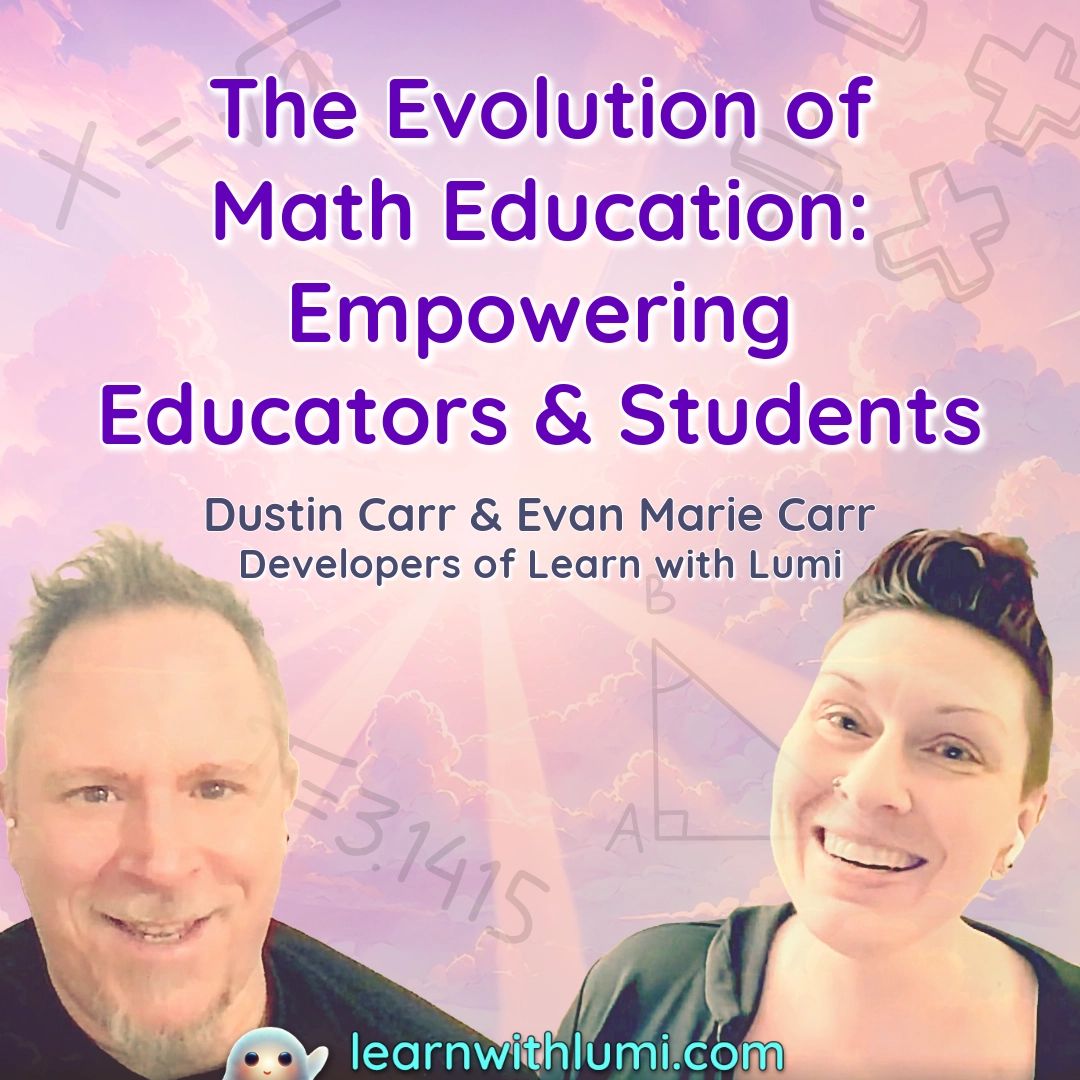
Empowering Teachers Through AI-Enhanced Education
12 min read
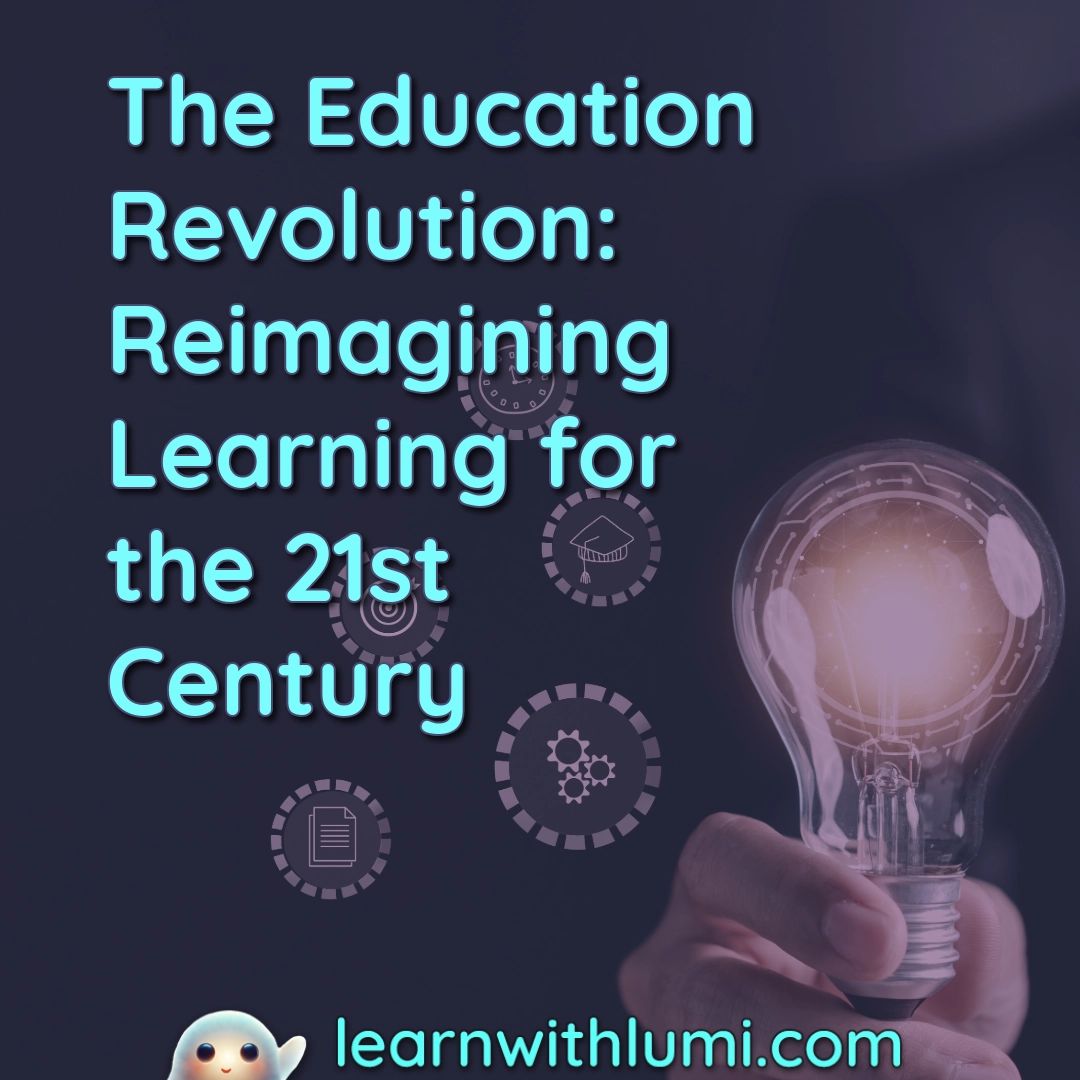
The Education Revolution: Reimagining Learning for the 21st Century
8 min read
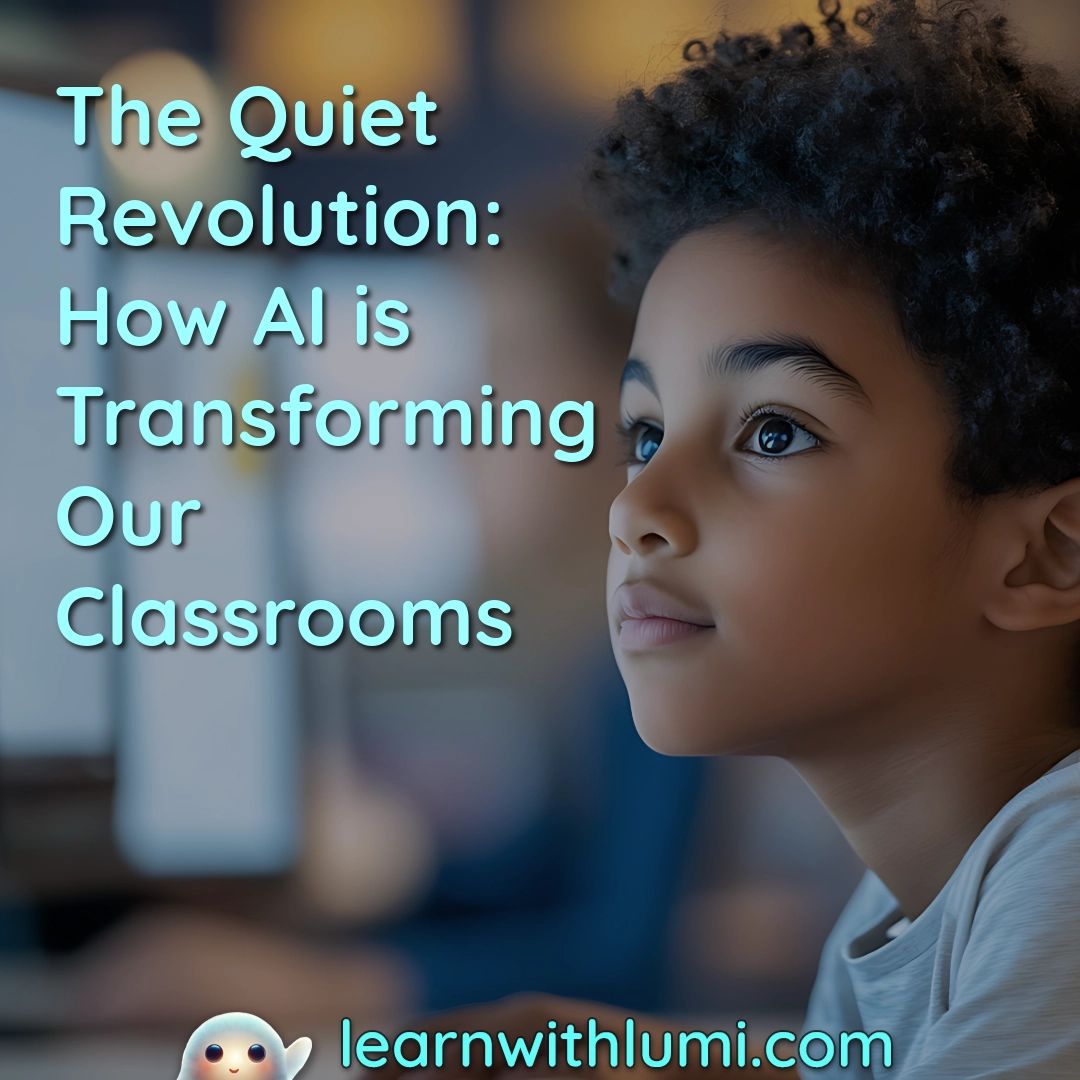
The Quiet Revolution: How AI is Transforming Our Classrooms
5 min read
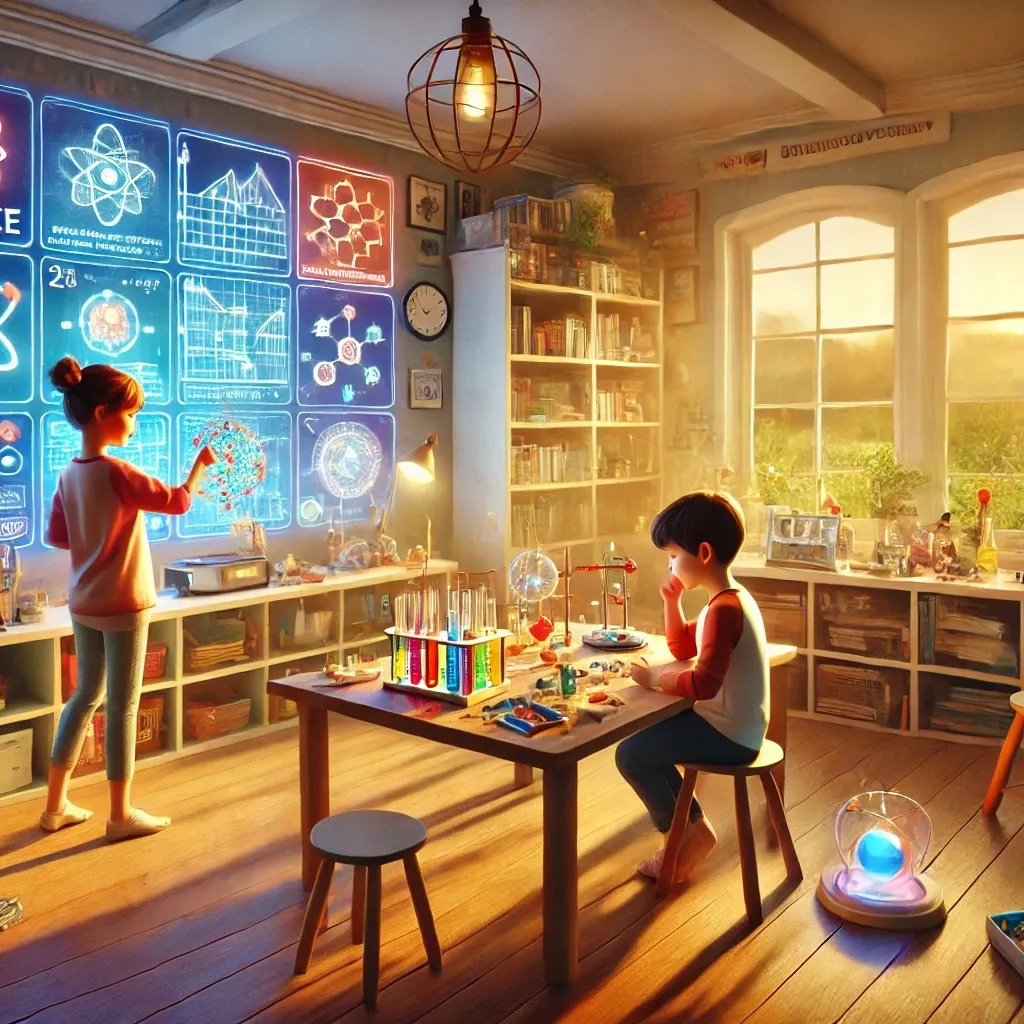
Homeschooling and Independent Learning STEM
9 min read
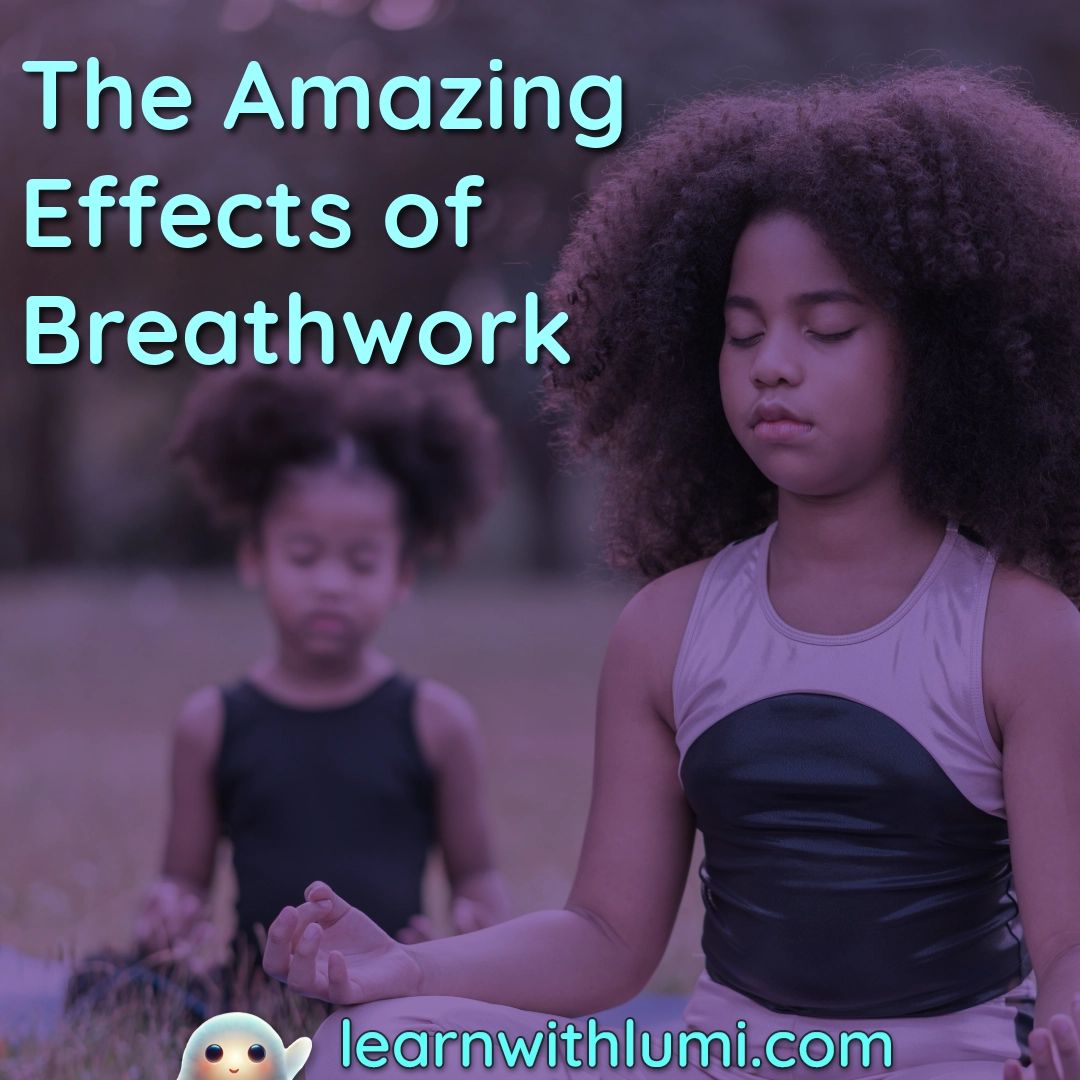
The Amazing Effects of Breathwork
10 min read
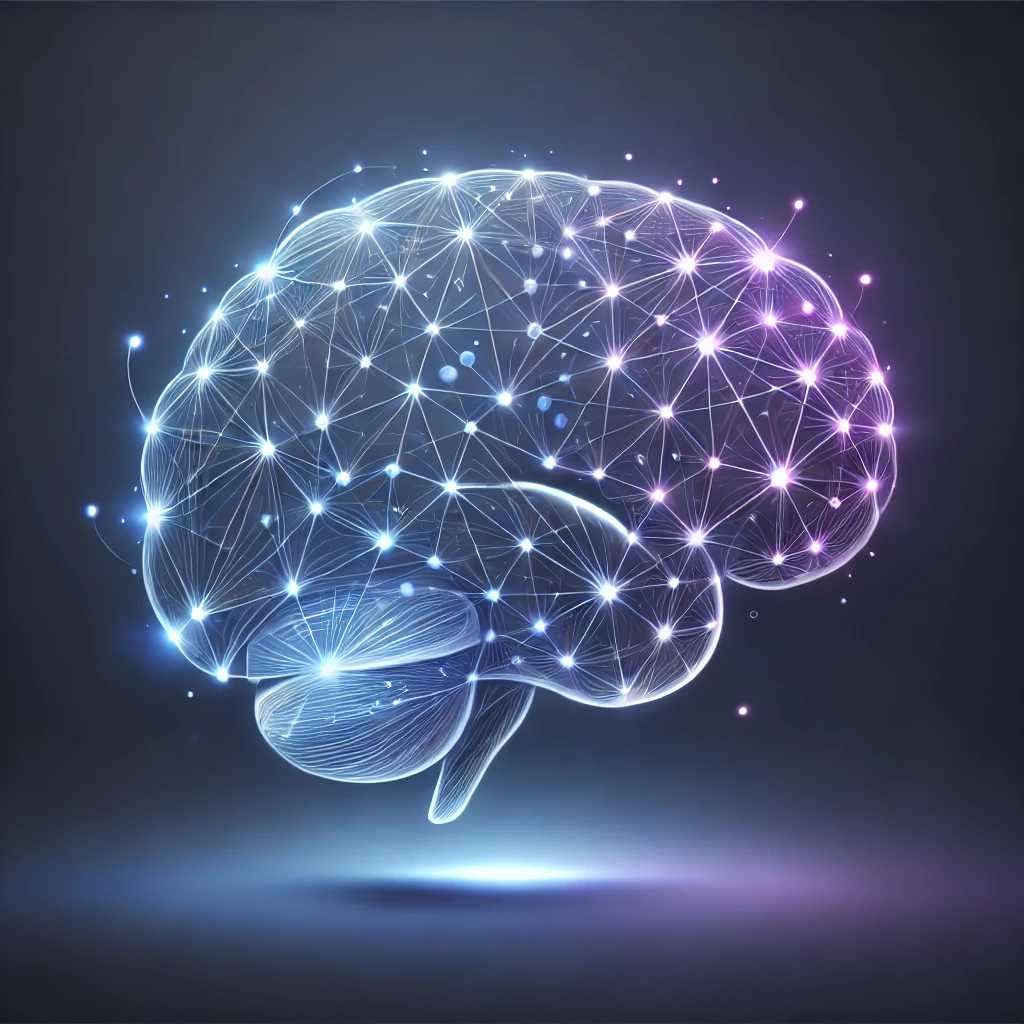
Why Understanding LLMs is Essential for Today's Students
11 min read
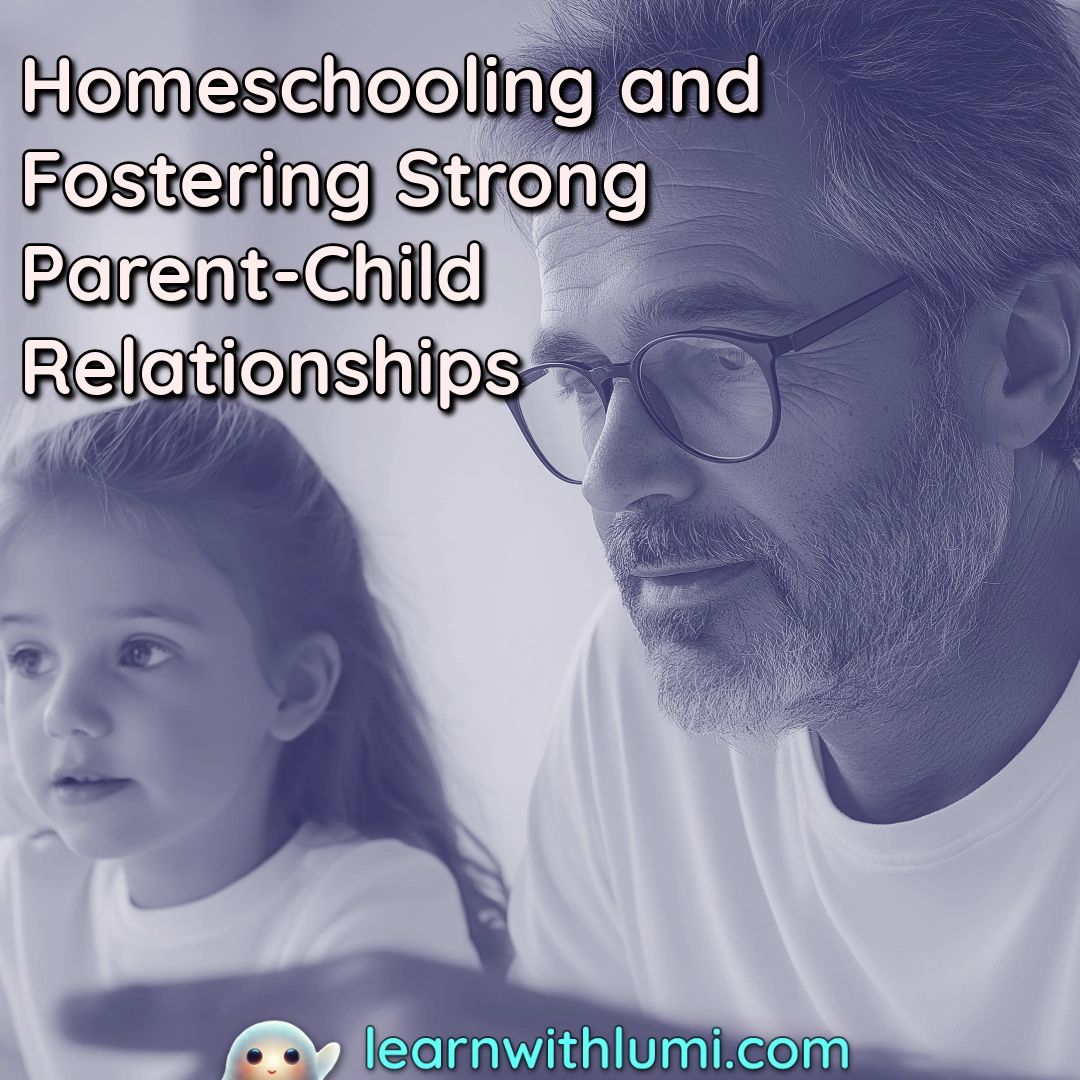
Homeschooling and Fostering Strong Parent-Child Relationships
7 min read
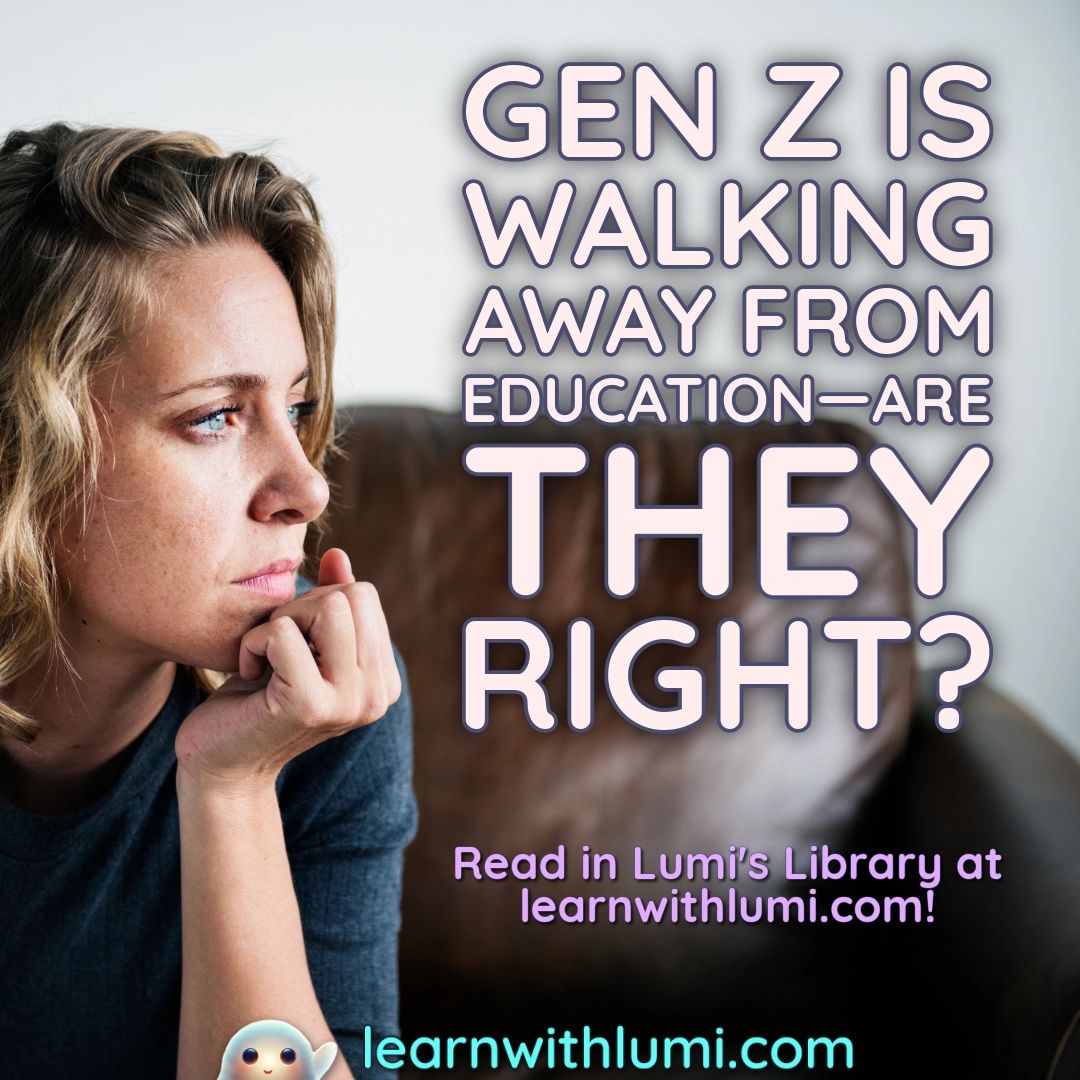
Gen Z Is Walking Away from Education—Are They Right?
8 min read
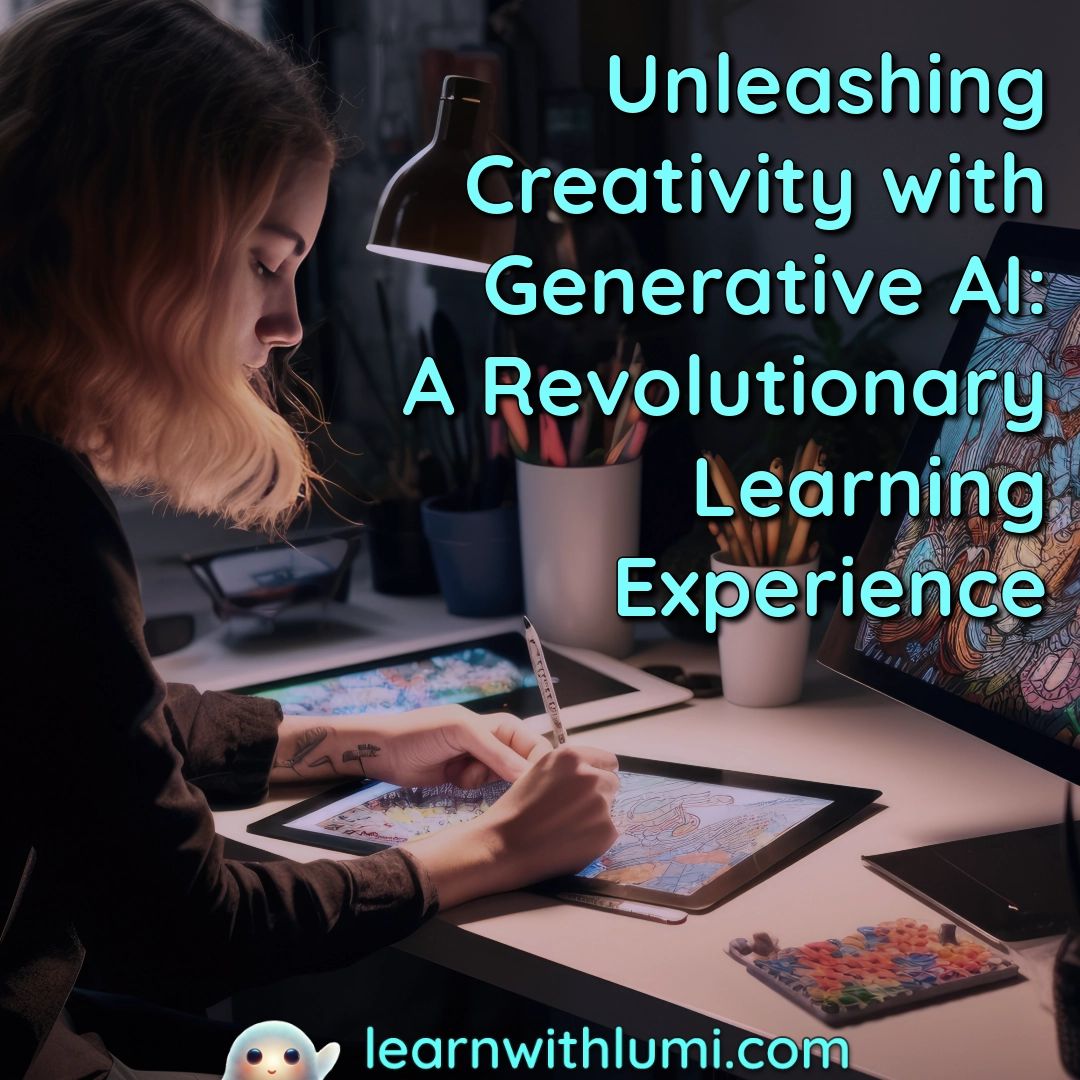
Unleashing Creativity with Generative AI: A Revolutionary Learning Experience
5 min read
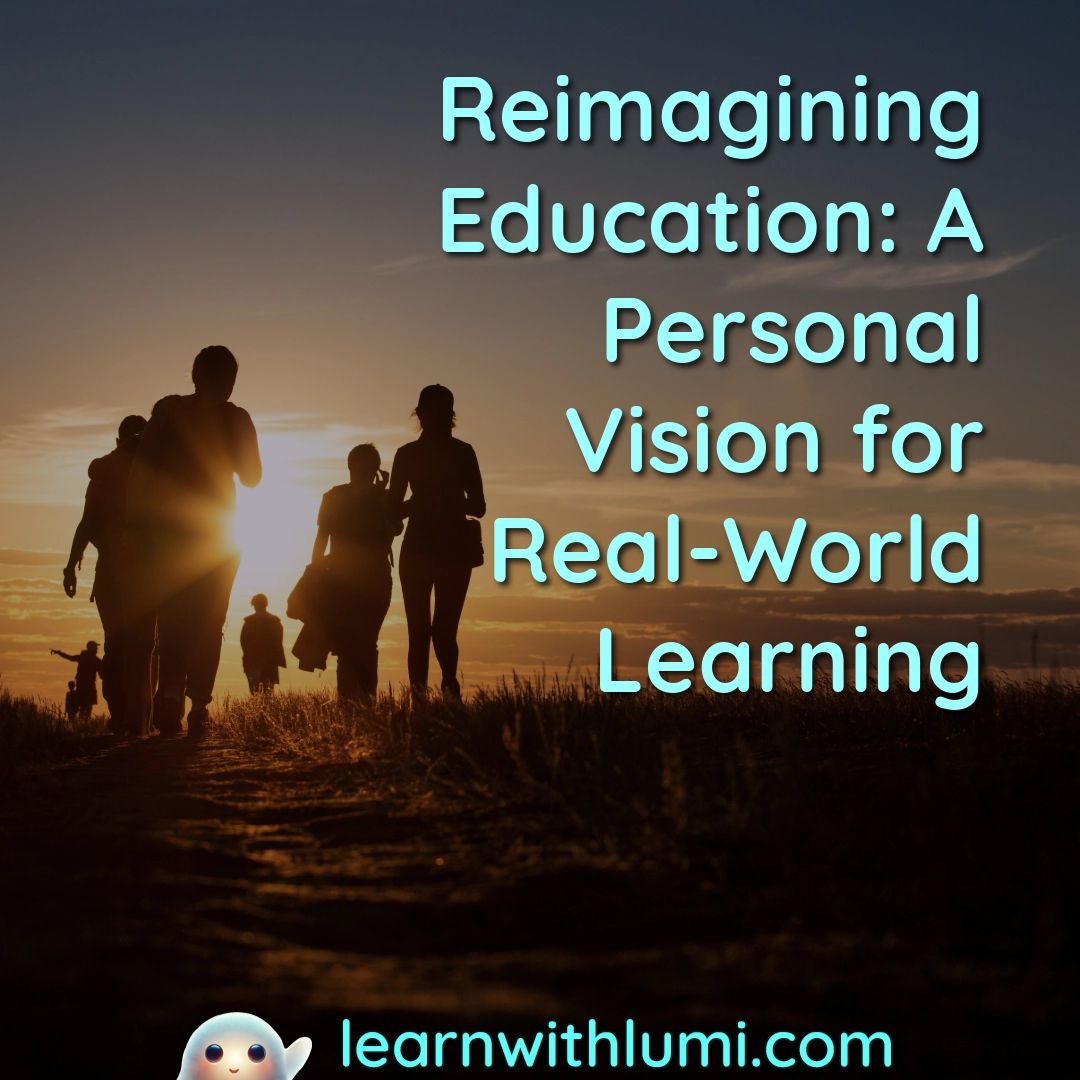
Reimagining Education: A Personal Vision for Real-World Learning
6 min read
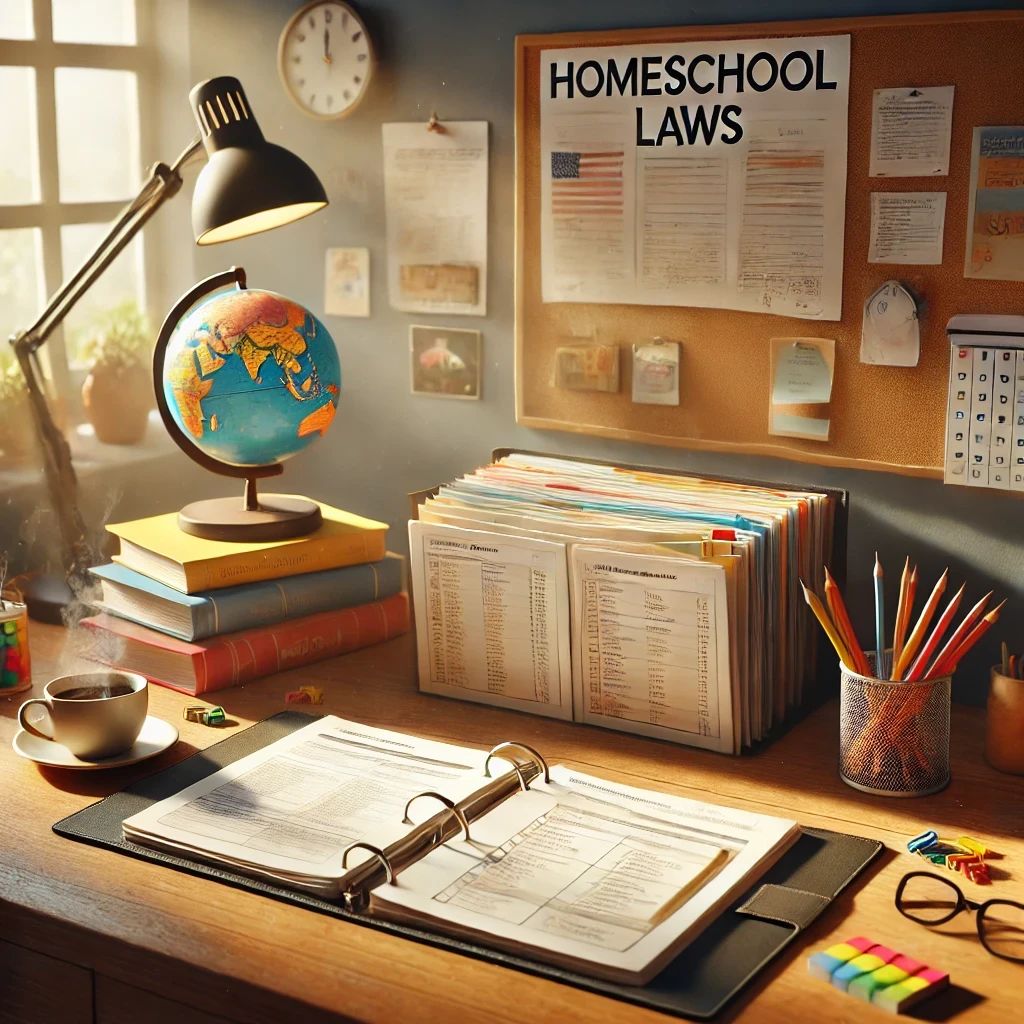
Homeschool Laws in the United States: An In-Depth Guide
12 min read
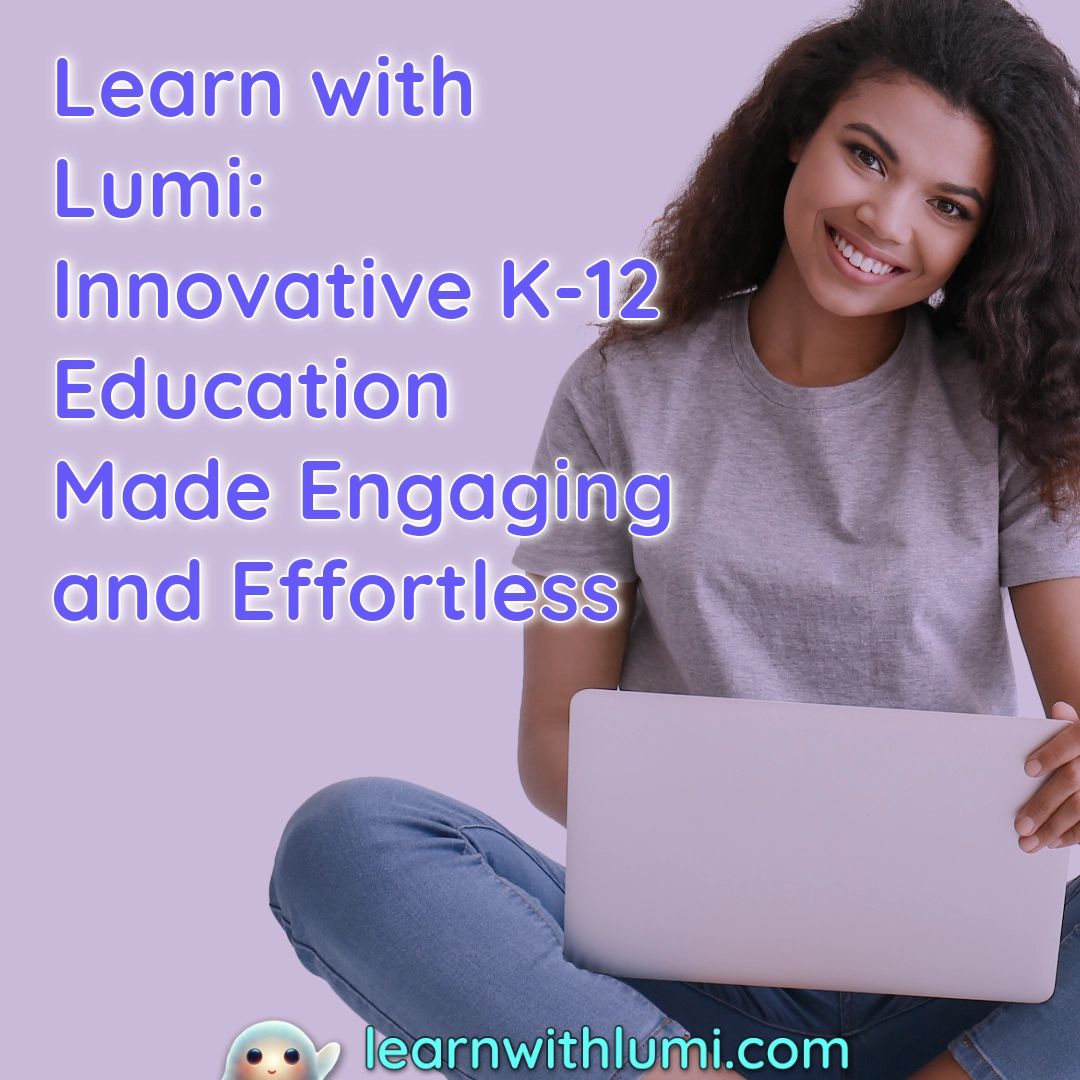
Learn with Lumi: Innovative K-12 Education Made Engaging and Effortless
11 min read
